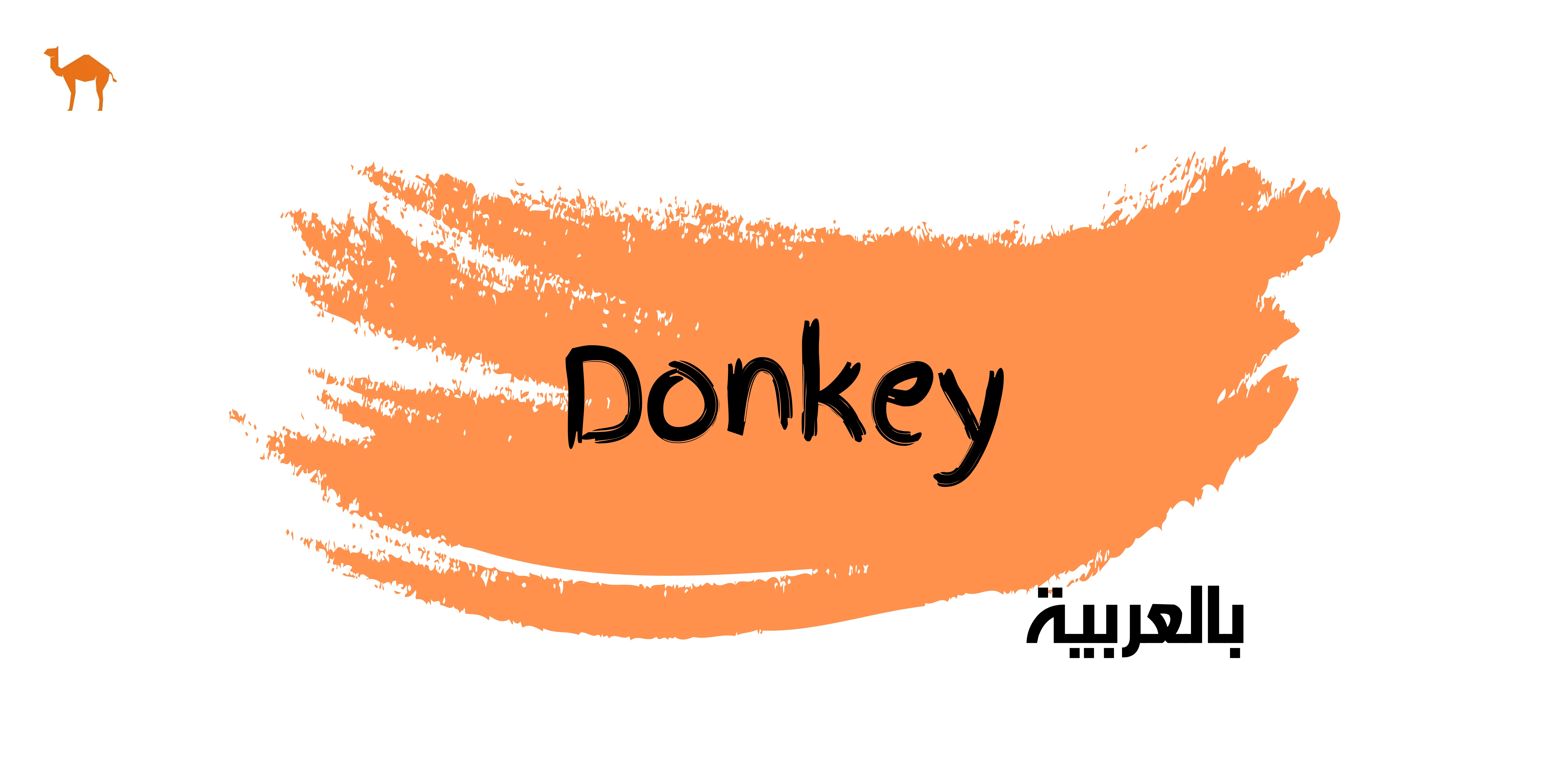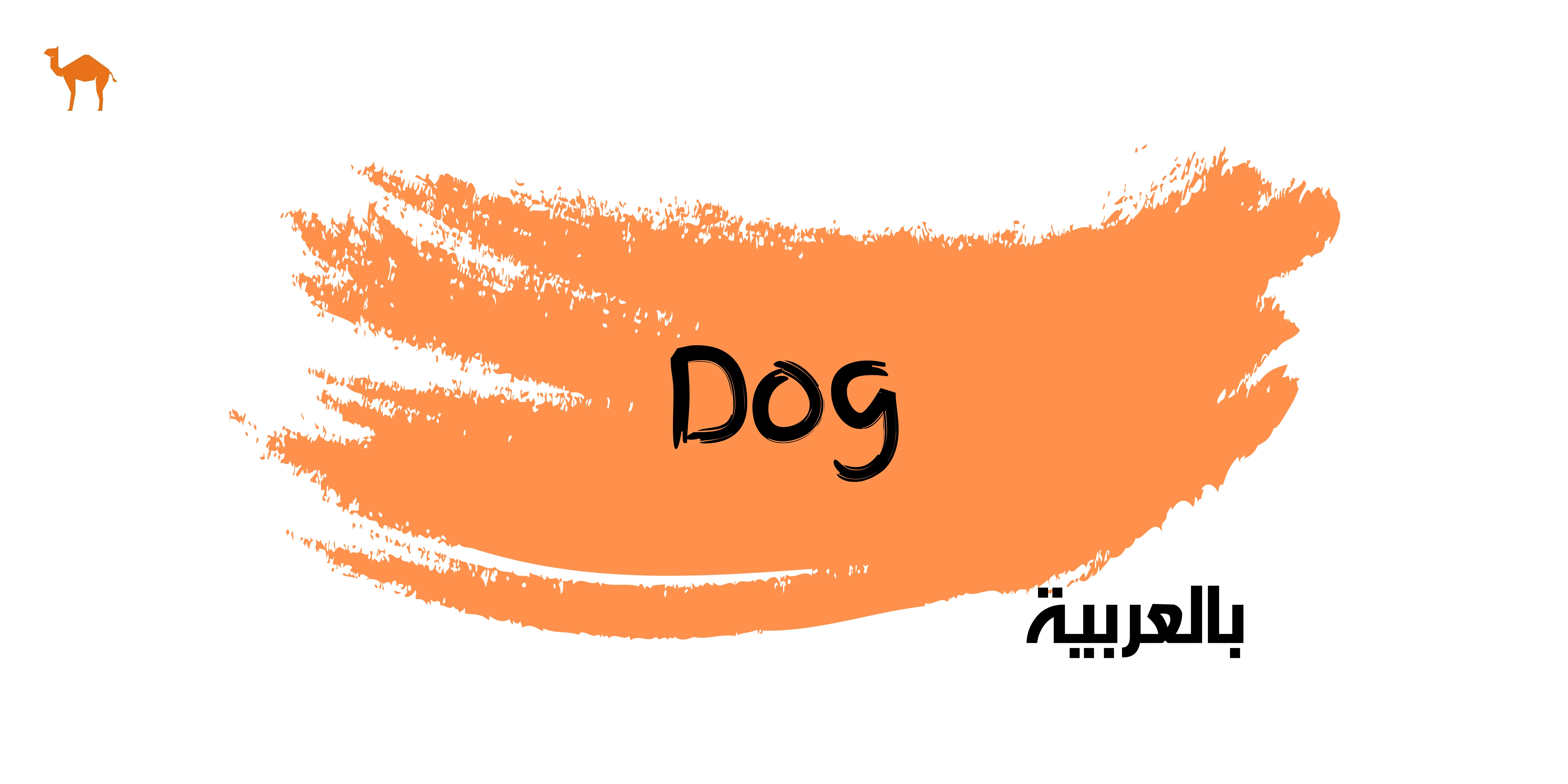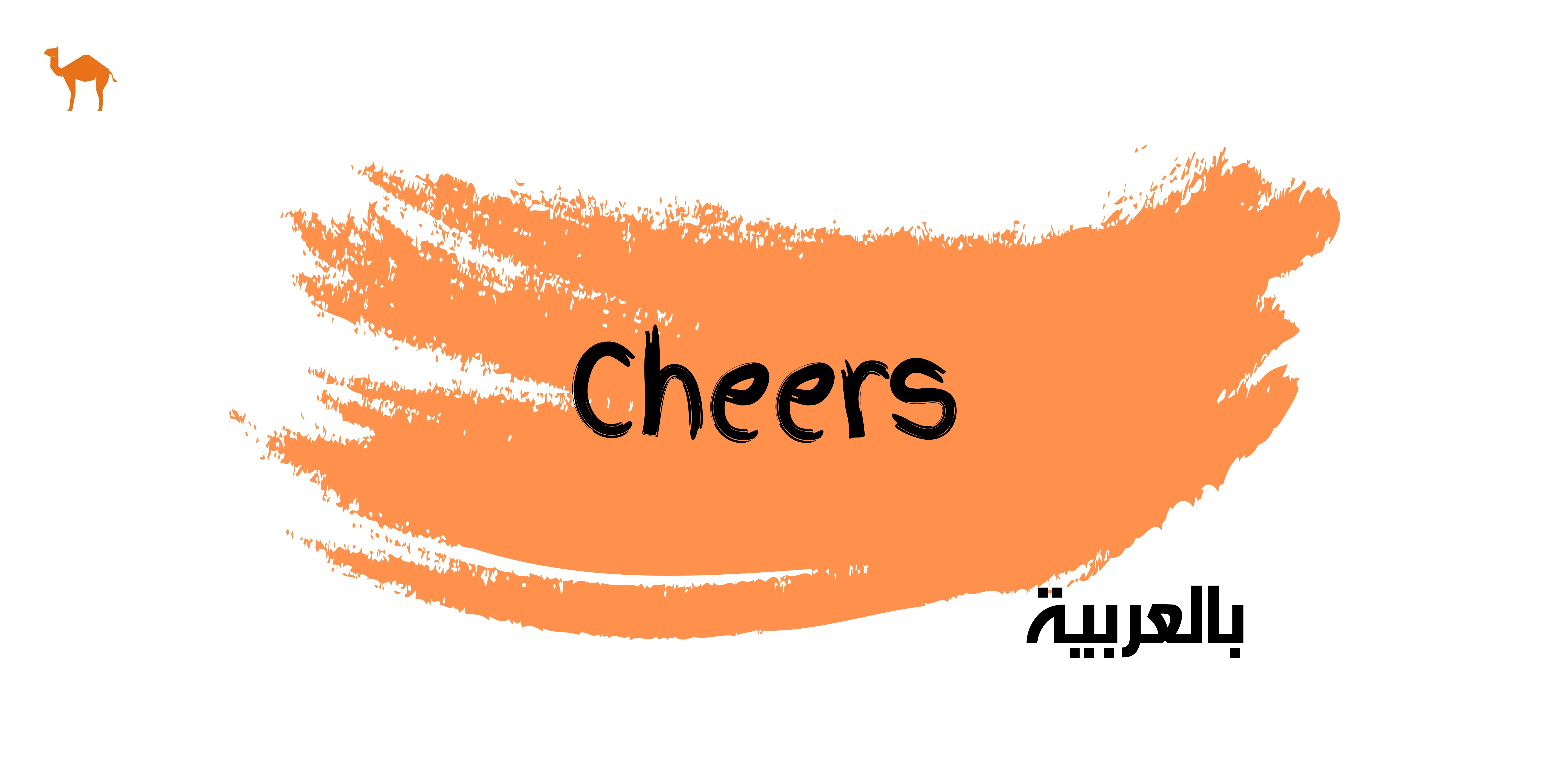Is Arabic Hard to Learn?

Learning Arabic can be challenging for English speakers due to significant differences in script, grammar, and phonology between the two languages. The Arabic alphabet, with its unique script and right-to-left writing direction, can be initially overwhelming for English speakers who are accustomed to the Latin alphabet. Moreover, Arabic’s complex grammatical structures and verb conjugation patterns may require additional effort to master. However, English speakers may find some familiarity with Arabic vocabulary, as many English words are derived from Arabic roots, particularly in fields such as science, mathematics, and medicine. If you're wondering "Is Arabic hard to learn?", keep reading this article to find out the answer!
Is Arabic Hard to Learn?
Arabic is a challenging language due to its complexities, but we will explore its unique essence and shed light on why it may be tricky to master. Arabic may prove difficult because of the many details of the Arabic language. The Arabic language has a reputation for being difficult. To answer the question, "Is Arabic hard to learn?" Firstly, Let’s delve into the intricacies of why Arabic stands out as a challenging language to master.
Arabic Alphabet and Pronunciation
Each letter of the Arabic alphabet has four distinct shapes based on position within a word, which presents a challenge when representing the Arabic alphabet in English, as the English alphabet does not have an equivalent system of contextual forms. This characteristic is unique to the Arabic script and is related to the way the language is written and its aesthetic features. The complexity of the four forms adds to the richness of the Arabic script and has deep historical and cultural significance. Understanding these forms is essential for anyone learning to read or write Arabic, as they are integral to both the visual appearance and the function of the written language. The Arabic alphabet has four forms, for example, the letter Baa (ب) comes with the basic form (ب), initial form (بـ), medial form (ـبـ), and final form (ـب). Here are five reasons why the Arabic alphabet has these four forms:
- Cursive Script.
Arabic is written in a cursive style where letters within a word are usually connected. This necessitates different forms to enable smooth connections between letters.
- Writing Direction.
Arabic is written from right to left, so the connectivity of letters needs to adapt to this direction. The four forms help in achieving a consistent and fluid flow in writing.
- Aesthetic Considerations.
The different forms of each letter contribute to the visual beauty and artistic nature of Arabic calligraphy. The intricate connections and variations in form are essential to the visual appeal of written Arabic.
- Linguistic Efficiency.
The four forms facilitate the reading and writing process by creating clear demarcations between words and maintaining legibility. It helps readers identify the beginning, middle, and end of words.
- Lack of Vowel Consistency.
Since short vowels are often not written in Arabic, the consonants and their forms carry much of the phonetic information, aiding in comprehension even when vowels are omitted. Read more: The Arabic Alphabet in English.
To overcome the challenge of pronunciation, you need to practice your pronunciation regularly. Listen to native Arabic speakers and imitate their pronunciation. You can also use online resources that provide audio recordings of Arabic words and sentences. It’s best to start with simple words and practice the correct pronunciation of each letter.
Arabic Language Grammar
Arabic is similar to building blocks. With a common root at their core, most words are constructed. It usually consists of a few consonants; if you surround this root with other sounds, the result will be a new word. The study of the Arabic language, known as 'نحو' or Arabic grammar and Arabic syntax, teaches us how to convey meaning correctly in Arabic, form coherent sentences, and avoid verbal mistakes. While lexicology and Arabic morphology focus on the internal structure of words, Arabic grammar deals with the endings of words and helps us to read and comprehend sentences. In Arabic, there are various verb forms and tenses which can be confusing for learners. To overcome this challenge, it is essential to begin with the basics of Arabic: the Arabic Parts of Speech.
The Arabic Parts of Speech
- Nouns
Nouns are words that are not affected by tense. Nouns include, in addition to what is typically considered a noun, adjectives, and adverbs. Read more: Common Arabic Words in English.
- Verbs
Verbs are words that are affected by tense. There are three main tenses in the Arabic language. The past tense 'اَلمَاضِيُ' that describes the past. The present 'اَلمُضَارِعُ' that describes the present and the future. The imperative tense 'اَلأَمرُ' which describes the imperative verbs. Notice that the future tense is part of the present. Read more: Arabic Lessons for Beginners: Verb Tenses.
- Particles
A particle is any speech that is not a word. Particles do not have meaning on their own. An example of a particle in English is the preposition 'in.' means 'في' in Arabic. When said, it does not have a meaning except when it is combined with a word, as in “in the book.” means ' في الكتاب' in Arabic. There are various types of particles and they will be introduced as needed.
Each part of speech plays a crucial role in constructing sentences and conveying meaning. By familiarizing yourself with nouns, verbs, adjectives, pronouns, adverbs, prepositions, conjunctions, and interjections, you gain a comprehensive understanding of how words function within sentences and how they relate to one another. So, "Is Arabic hard to learn?" continue reading to learn more about the Arabic language.
Different Arabic Dialects
Arabic dialects are used for everyday activities, when you buying coffee, talking to a friend, and various other activities. There is no standard writing for Arabic dialects, so they can easily borrow words from other languages, and interestingly, dialects can vary within the same country! For example, in Egypt, people from Upper Egypt (southern region) speak in a different dialect than people from Lower Egypt (northern region). Choosing the best Arabic dialects for beginners depends on various factors, including your goals, interests, and the regions you plan to visit or interact with, read more: Best Arabic Dialects to Learn.
The Egyptian Arabic
- Egyptian Arabic is the first language of over 106 million Egyptians. Egypt is the most populous country in the Arab world, and so its Arabic is the most widely spoken Arabic dialect. Egyptian Arabic is understood by almost 300+ million Arabic speakers around the world, thanks to the Egyptian cinema and media industry.
- Egypt is the best country to learn Arabic and a fantastic place to learn Arabic abroad since Egyptian Arabic is the most frequently spoken version of the language worldwide, particularly if you're looking for an educational and culturally fulfilling experience. Arabic language courses in Egypt are available in a range of formats, accommodating learners of all ages, skill levels, and learning preferences.
- Egypt provides a wide range of short- and long-term learning possibilities in Arabic, regardless of your learning objectives: studying Arabic for business and professional purposes, learning Arabic while on vacation, or learning Arabic for diplomacy to help you build mediation and negotiating skills for a new career. You can opt to master Arabic conversation, writing, business communication, and public speaking, according to your requirements and objectives. The majority of courses are taught in Modern Standard Arabic, while some additionally provide Egyptian colloquial Arabic as an extra option.
You ask "Is Arabic hard to learn?" We answer with "It depends" Learning Arabic can be a daunting task, but with the right resources, mindset, and support, it can be a fulfilling experience. By grasping the language's linguistic structure, embracing its culture, and setting achievable goals for your learning journey, you can conquer any challenges and attain success. In conclusion, with determination and dedication, you can overcome the initial difficulties and thrive in your Arabic language learning journey.
Fast-Track Your Learning with Our Step-by-Step Arabic Lessons
Accelerate your Arabic language acquisition with our structured, step-by-step lessons designed for all proficiency levels. Each lesson builds on the last, ensuring a solid foundation in vocabulary, grammar, and pronunciation. Our engaging materials, interactive exercises, and real-life scenarios facilitate quick comprehension and retention. With personalized feedback from our experienced instructors, you’ll gain confidence in speaking and writing Arabic effectively. Join us now to start your journey and reach your language goals faster than ever!
Elevate Your Arabic Skills with Native Tutor Guidance
Enhance your Arabic language proficiency through personalized lessons with our native tutors. Our experienced instructors provide tailored instruction that caters to your specific learning needs, whether you're a beginner or looking to improve your conversational skills. With flexible scheduling, you can learn at your own pace while receiving real-time feedback and support. Our engaging and interactive sessions will immerse you in the language, helping you build confidence and fluency. Start your journey to mastering Arabic today with our expert guidance!
- Sign Up
Start by selecting a qualified native tutor who matches your learning style and objectives. Most platforms allow you to browse tutor profiles, check their qualifications, and read reviews from other students. - Set Your Goals
Work with your tutor to outline your language goals. Whether you want to learn basic greetings or conduct a business presentation in Egyptian or Gulf Arabic, your lessons will be shaped to help you achieve those targets. - Begin Your Lessons
Start learning through video calls, online platforms, or in-person lessons, based on your preference. Lessons can be as interactive and dynamic as you need, with the use of audio, visual aids, and conversation exercises to enhance your learning. - Track Your Progress
With personalized lessons, you’ll receive regular updates on your progress, along with strategies for improvement. You can adjust the pace or content as you go, making sure the lessons stay relevant and effective.
Unlock the World of Arabic: Start with a Free Lesson
Embark on your Arabic language journey with a complimentary introductory lesson! Our trial lesson allows you to experience personalized instruction from a native tutor, helping you grasp the fundamentals of Arabic. You’ll learn basic phrases, pronunciation, and cultural insights, setting a strong foundation for further study. With our expert guidance, you can explore the beauty of the Arabic language and culture. Book a free trial lesson today and take your first step toward fluency!
Ready to start your language journey? Learn Arabic online with eArabic, where you can have much practice with native Arabic tutors. You’ll get a personalized study plan based on your level and study goals. To get started, choose a preferred tutor and schedule your trial lesson at a time that suits you the most. Book a free Arabic lesson!


